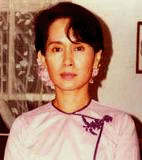
Articles by Rene Wadlow

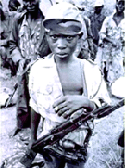
Uganda: ICC Issues Arrest Warrants for Lord’s Resistance Army

Algeria: How Clean Can One Wipe The Slate?
On September 29th, 97% of those voting in the Algerian referendum on Peace and Reconciliation voted yes for peace and reconciliation. Was this a necessary act of popular catharsis after some 13 years of violence? Or was it a government-staged show to reinforce its power? Both are real possibilities. It is important to analyze the results carefully as violence-torn countries need to find techniques to write "The End" to cycles of violence and counter-violence and to begin life again with a clean slate. But does such renewal mean that those who have killed and tortured should be free from possible trials? Much of the killing in Algeria - estimates are of over 200,000 - took place in rural towns and villages where people knew or thought they knew who was doing the killing. Is it possible to live an ordinary life now side by side with murderers?
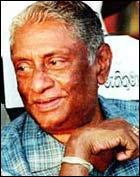
Sri Lanka: Assassinations and a Fractured Peace Process
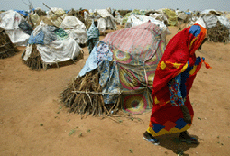
Darfur, Sudan: The Overkill
The on-going conflicts in the provinces of Darfur in western Sudan are a textbook example of how programmed escalation of violence can go out of control. It is increasingly difficult for both the insurgency and the government-backed forces to de-escalate the conflict which has been called with reason "genocide". It will be even more difficult after the war to get the pastoralists and the settled agriculturalists to live together again in a relatively cooperative way.
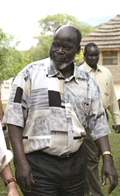
Sudan: The Shadow of a Death
The death on July 30th of the southern Sudanese leader John Garang de Mabior endangers a fragile and incomplete accord to end the 1983-2005 North-South civil war and complicates further efforts to bring to an end the conflicts in the four provinces of
Garang had enemies both among the northerners he had long fought but also among rivals for leadership among southern groups. It was only a month ago, July 9th, that John Garang was installed as first vice-president of Sudan in a North-South power-sharing agreement, but the practical role of Garang and other southerners in the government, the administration and the army had not been worked out and may now be called into question.
